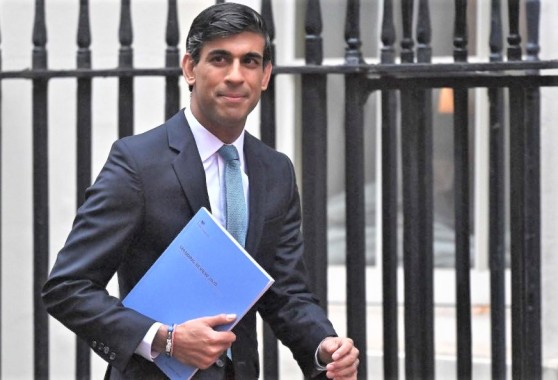19 January 2021 — Political Concern
Better regulation?
 FT: Number 10 said the new committee will “refresh the strategy on making better regulation outside the EU, review existing rules and cut red tape for businesses”
FT: Number 10 said the new committee will “refresh the strategy on making better regulation outside the EU, review existing rules and cut red tape for businesses”
The FT editorial board reports on the package of deregulatory measures being prepared by the UK’s business department with the approval of Downing Street. It has not yet been agreed by ministers — or put to the cabinet — but select business leaders have been sounded out on the plan, ‘according to people familiar with the matter’. Christopher Hope adds a title: “The Chancellor of the Exchequer is to chair a new Better Regulation Committee in Downing Street which will focus on cutting EU red tape for businesses.
“There are calls for deregulation and the Chancellor has promised to unleash Big Bang 2.0 for the City of London. The first big bang in unleashed in 1986 did not end happily”.
 Accountancy professor Prem Sikka (right) continues: “The feather-duster regulation led to a tsunami of mis-selling financial products and the collapse of virtually every building society that converted to a bank. Banks rigged interest rates, exchange rates and indulged in frauds, culminating in the 2007-08 banking crash which ushered in never-ending austerity, and the economy is yet to recover from it.
Accountancy professor Prem Sikka (right) continues: “The feather-duster regulation led to a tsunami of mis-selling financial products and the collapse of virtually every building society that converted to a bank. Banks rigged interest rates, exchange rates and indulged in frauds, culminating in the 2007-08 banking crash which ushered in never-ending austerity, and the economy is yet to recover from it.
“The state provided over £1tn of financial support to bail out banks. Far from being a boon, the finance industry has been a curse. One study estimated that between 1995 and 2015, the finance industry cost the economy £4.5tn to the UK economy and eroded the living standards of millions of people”.
The FT editorial focused on the current worker protections, ‘enshrined in EU law’. It pointed out that:
- the UK already has one of the most lightly regulated labour marketsin the OECD in terms of employment protection for individual workers.
- There is no evidence that business, which is already adjusting to Brexit and battling the fallout from the Covid-19 pandemic, is clamouring for a fundamental overhaul of workers’ rights,
- or that employers have complained of feeling unduly shackled by EU standards; pre-Covid, the UK’s employment rate was at a record high.
It commented that despite this and its election manifesto pledge that it would seek to “raise the standards in areas like worker rights” after Brexit, the government is considering whether to sacrifice worker protections previously enshrined in EU law.
And concluded: “there are legitimate targets for a government intent on taking cumbersome regulatory burdens away from business, but worker protection is not one of them”.